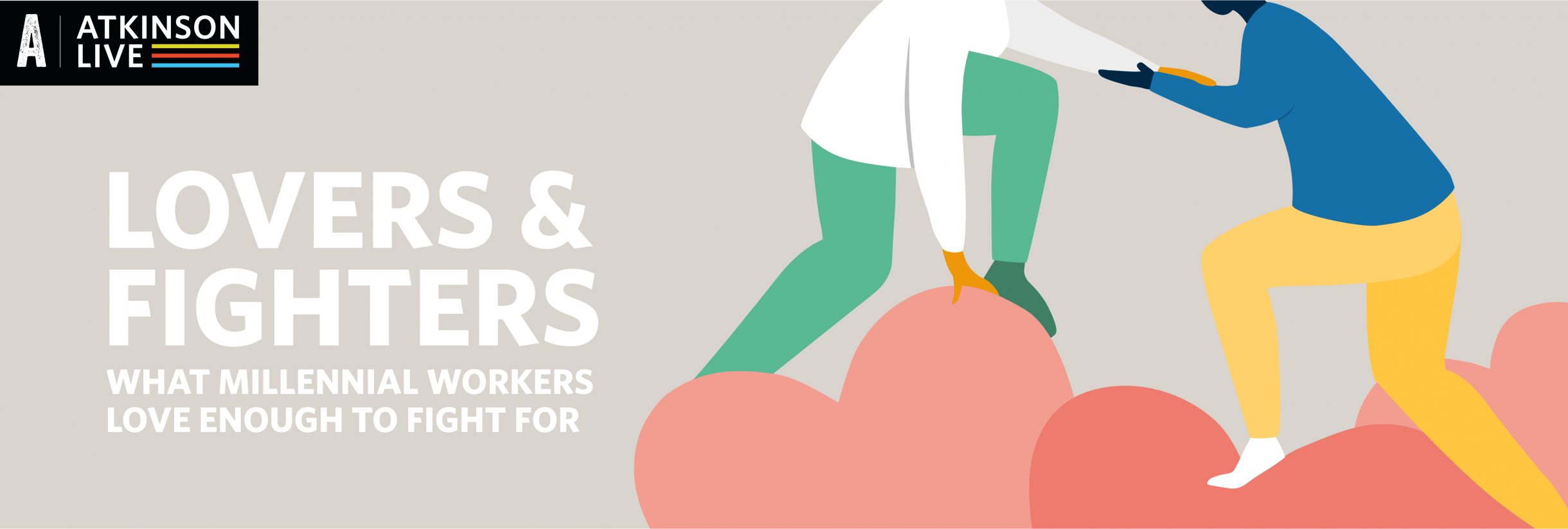
Anti-Black racism is built into our economy and society. Affordable housing and job prospects are hard to come by for most millennials, but even more so for Black workers. We know more equitable systems and structures are possible – especially where people have created their own space to go deeper, speak unfiltered about the experience of being Black, and get organized for urgent change. Ausma talks to Rudayna Bahubeshi, Kofi Hope, and Hadiya Roderique about what it’s like to get a foothold in the world of work as a Black person: getting educated, getting hired and actually working while Black over a lifetime.
Rudayna Bahubeshi is social justice advocate who is passionate about about city building, racial equity, and supporting young leaders. She works at the Inspirit Foundation.
Kofi Hope is a community activist and youth advocate. He was the co-founder and executive director of CEE Centre for Young Black Professionals. He is currently a Senior Policy Advisor at the Wellesley Institute and a Bousfield Distinguished Visitor in Planning at the University of Toronto.
Hadiya Roderique is a doctoral student at the University of Toronto’s Rotman School of Management, a consultant and speaker on diversity and inclusion in the workplace, and a journalist.
Get Connected
CEE Centre for Young Black Professionals works alongside with Black youth facing multiple barriers to employment to advance their economic and social development.
Etcetera
“In my way to becoming a lawyer, I learned that success isn’t necessarily about merit. It’s also about fitting in. As a person of colour, that’s a roadblock that comes up again and again.” Read Hadiya’s essay that inspired this episode, Black on Bay Street.
Kofi mentioned Carl James’ research on educational outcomes for Black students – find his 2017 study here.
Since we recorded, one Toronto law firm has committed to using name blind applications, like Hadiya called for. Learn more here.

